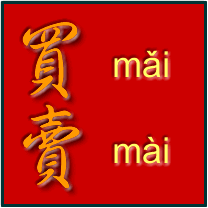The Slovenian gospod [ɡɔˈspóːt] came up in my Slovenian lesson today. It means mister, sir, gentleman or lord. It comes from the Proto-Slavic *gospodь (lord, master).
Some examples of how it’s used include:
- gospod župnik = Reverend
- spoštovani gospod = Dear Sir
- grajski gospod = Lord of the castle
- biti sam svoj gospod = to be one’s own master
- Gospod Bog = the Lord God
The last example appears in a song we sing in the Bangor Community Choir, Vsy Tya Hori (Вси Тя хори) (All your choirs), which is in Church Slavonic, I think.
You can see and hear us sing it in Penrhyn castle, near Bangor, here:
Related words include:
- gospoda = lords, gentlemen
- gospodar = landowner, master
- gospodar posestva = lord of the manor
- gospodarica = mistress
- gospodična = miss
- gaspa = mrs, lady
- gospe in gospodje = ladies and gentlemen
Other Slavic languages have a similar words:
- Russian & Ukrainian: господь = the Lord, God
- Bulgarian, Macedonian & Serbian: господ = Lord, Jesus
- Croatian: gospod = Mr, Lord, Jesus
Source: PONS, Wiktionary







